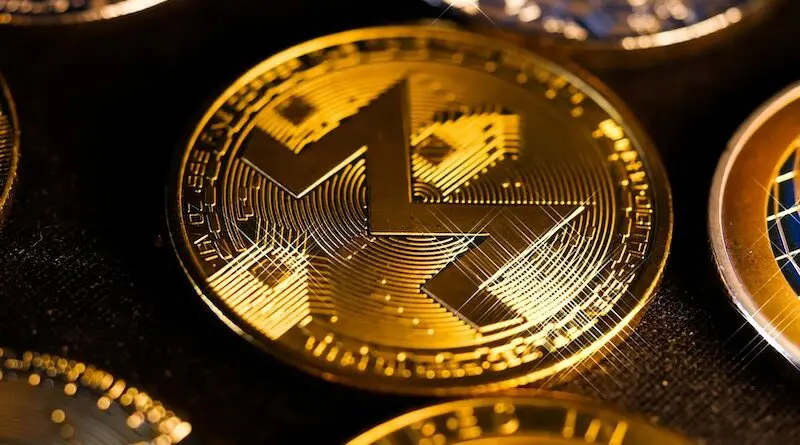The Islamic State West Africa Province (ISWAP) group has launched at least 12 attacks on military bases and infrastructure across northeast Nigeria since March. The brazen attacks that employ drones carrying grenades and bombs placed near roads and bridges are alarming observers. The attacks are also evidence of a terror group with significant sources of funding.
The terror group has moved beyond collecting ransoms and taxes. It has transformed parts of northeastern Nigeria into a conflict-driven economy through a complex blend of taxation, extortion, smuggling and ideological justification, HumAngle reported. ISWAP has turned to the dark web to generate revenue by exploiting the anonymity of cryptocurrencies to evade traditional financial surveillance.
Terrorist financiers are leveraging decentralized digital currencies to solicit donations and organize and allocate funds, posing a complicated new challenge to counterterrorism efforts.
According to HumAngle, Nigeria is one of the world’s fastest-growing cryptocurrency markets. ISWAP and other terror groups, including Boko Haram, use platforms such as Monero, a digital crypto page with enhanced privacy features. On the dark web, their propaganda outlets have actively solicited Monero donations.
Monero conceals transaction details on its blockchain, which has made it popular among ransomware operators and extremist networks. Researchers identify it as a leading crypto user among Islamic State group affiliates globally. ISWAP’s significant revenue often is converted into the Monero cryptocurrency platform to facilitate anonymous transactions. This makes it difficult for authorities to track and monitor financial flows.
Much of the money goes into a central treasury where it is redistributed for operational and administrative needs, such as buying weapons, paying fighters monthly salaries and bonuses during military campaigns, offering stipends to widows and orphans of dead fighters, running health clinics, and providing some community services. These services often are provided in areas where state-provided accommodations are unavailable.
Black market operations and regional trade also form a large part of ISWAP’s economy. Smuggling routes span Nigeria’s borders with Cameroon, Chad and Niger, easing the movement of fuel, food and drugs.
“Smugglers bring in fuel through Banki and Kirawa [in Borno State],” a former ISWAP fighter told HumAngle. “They pay a levy to pass. The group taxes everything.”
ISWAP strictly controls livestock and fish markets via appointed local businessmen who handle external trade and launder profits back to leadership. This has allowed the group to embed itself into local commerce.
“Sometimes businessmen are fined for disobedience, and it’s called a donation,” the former ISWAP fighter told HumAngle. “It’s never really voluntary.”
Smaller territories under ISWAP control known as wilayat still enforce zakat, an obligatory charity that Muslims are required to pay, and jizya, a tax historically levied on non-Muslims living in a Muslim-governed state, in exchange for protection.
“Revenues are collected by appointed officials who move around town, villages, farmlands and grazing areas,” the former ISWAP fighter told HumAngle. “The financial records are kept by the revenue collectors.”
Refusal to pay brings swift and brutal retribution.
“Confiscation of assets, jail sentence or capital punishment were the typical sanctions,” the former fighter said. “[Sometimes] it could amount to capital punishment.”
In Borno State, farmers told HumAngle that no one can farm until they pay 50,000 naira (about $31.50) per hectare.
ISWAP also invokes theological language to mask its coercive actions. It appeals for support using terms such as “isti’dad,” or preparation for jihad. The fusion of religious rhetoric and criminal enforcement lets ISWAP assert moral authority and claim authoritarian control.
A 2023 report by the International Crisis Group observed that dismantling ISWAP’s economic model will require more than military might.
“Breaking the financial backbone of these groups involves restoring legitimate governance and providing alternative livelihoods,” a former staff member of the Nigerian Financial Intelligence Unit told HumAngle anonymously. “As long as they provide services and the state does not, they will retain influence.”

